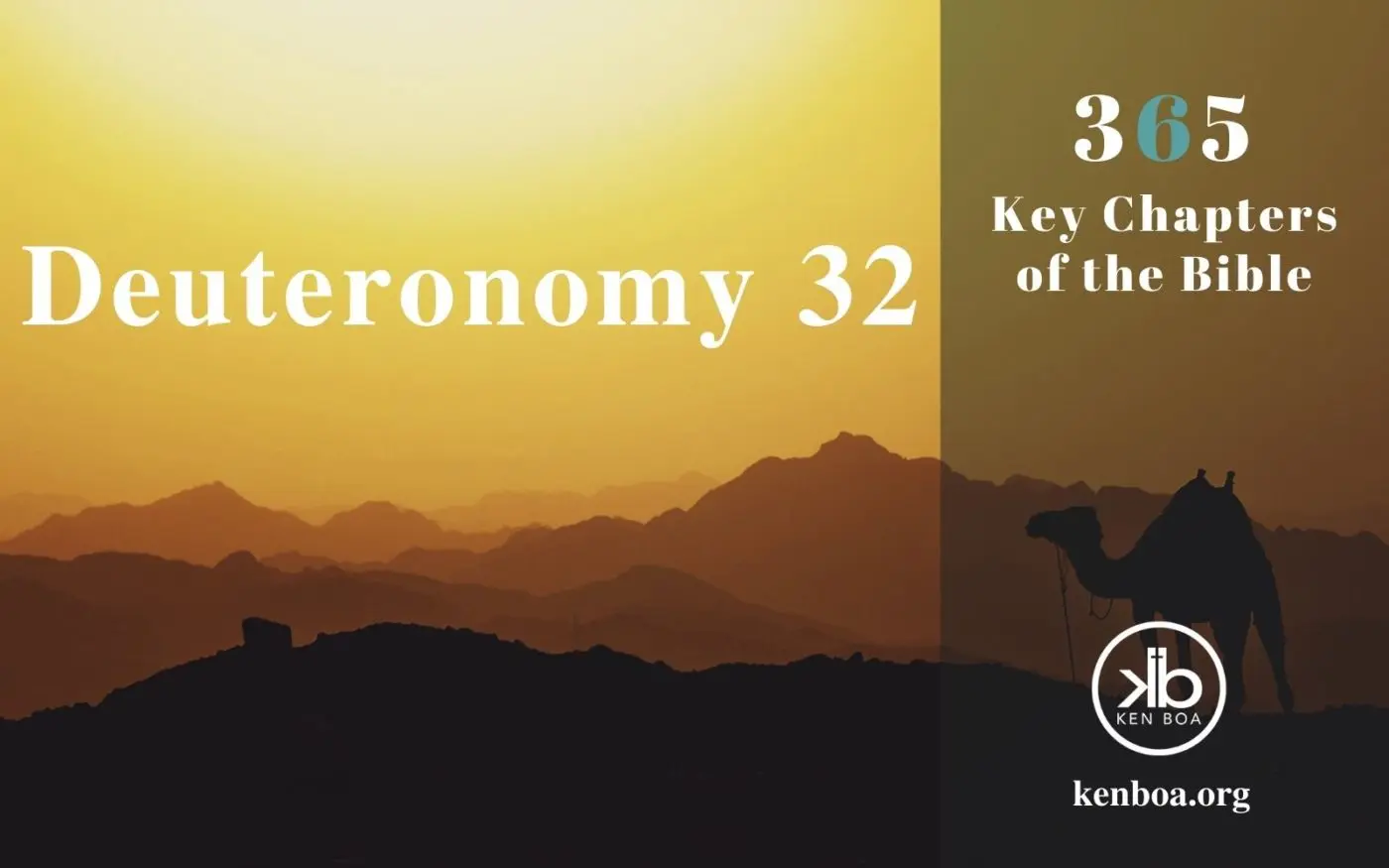We must continually choose gratitude, recognizing our dependence on God. Otherwise, our obedience is ephemeral—it will not last.
Choosing Obedience
Psalm 106:12–13, which focuses on Israel’s rebellion and God’s faithfulness, illustrates the ephemeral nature of obedience clearly:
Then they believed His words;
They sang His praise.
They quickly forgot His works;
They did not wait for His counsel. (NASB95)
When we do not take care to meditate on God’s Word and on His works, we will lose sight of Him. Other gods will tempt us —power, possessions, popularity—and we will go astray. In order to avoid these pitfalls, we must remember God and train ourselves up to follow Him in the power of the Holy Spirit.
Obedience is a continual choice, and when we choose it, we choose life.
Learning from the Past
Moses’s song in Deuteronomy 32 displays the same call to remembrance as Psalm 106. Even though the new generation of Israelites waiting to enter the Promised Land had seen God’s faithfulness, they rebelled. They forgot God, even though He had given them the best of everything.
One way to avoid the mistakes of the Israelites is learning from the past and being culturally aware. We must not follow what culture tells us blindly, because its value systems do not always line up with God’s. The world, the flesh, and the devil will lead us astray unless we bring God to remembrance.
Studying the past—for example, the history of the nation of Israel in Scripture—can help us learn in the present and trust God with our future.
Trusting in God
Trusting in God will lead to obeying Him. To do so, we need to remember two things:
- He is in control.
- He has our best interests at heart.
Even when we do not understand our current circumstances, we need to continue to trust in God. After all, we are finite, but He is not. We do not have to figure everything out. Instead, He calls us to be satisfied in Him, walking with Him day by day.
This teaching is based on Ken’s Handbook to Scripture.
Related Reading:



